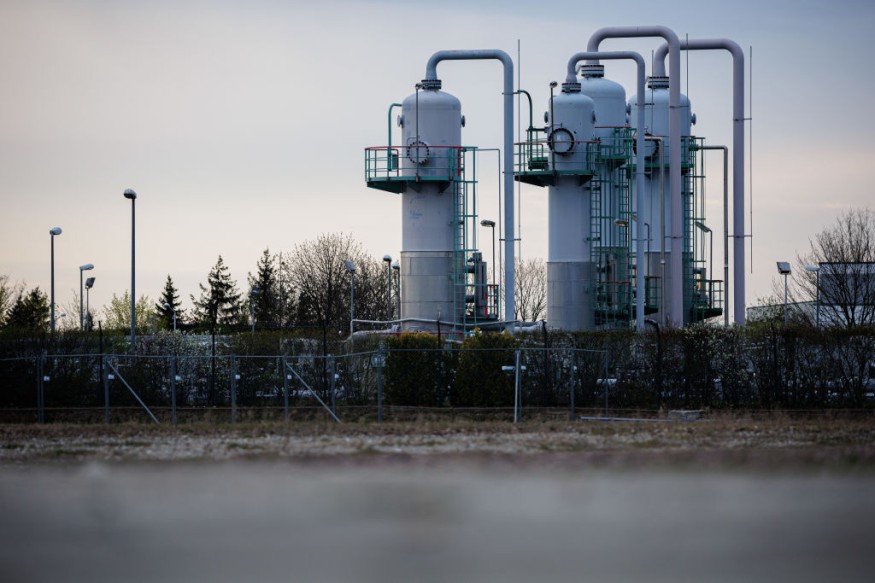
With fears that Russia might cut off gas supply in retaliation over the Ukraine war and after "continuously using energy supplies as a weapon", ministers of the European Union have agreed to reduce gas use with exemptions on some countries to "avoid rationing".
As reported by BBC, the EU members had agreed to voluntarily reduce 15% of gas use between August and March, after the agreement was suggested last week, to save and store gas ahead of winter. Should the supply reach "crisis levels", the voluntary agreement shall become mandatory except for some countries that aren't connected to the EU's gas pipe lines, such as Ireland, Malta and Cyprus.
The exemption of the mandatory gas reduction order is to counter the limited source of alternative supplies in said countries.
Not a Mission Impossible!
Czech Republic, the current holder of EU presidency tweeted on Tuesday that the political agreement on gas demand reduction was "not a Mission Impossible."
Exemptions reach the Baltic nations which are heavily reliant on gas for electricity production. Other countries that exceed gas storage filling targets can also ask to be exempt, as well as critical industries and others with gas consumption that increased by at least 8% in the past year compared to the average of the past five years.
According to Reuters, the cuts could be made binding in a supply emergency, provided a majority of EU countries agree. Ukrainian President Volodymyr Zelenskiy said that Russia's supply curb was to impose "price terror" against Europe, and an oil and gas analyst for Investec confirms there is a "high political and economic price" as the EU looks to reduce its dependence on Russian gas. However, European Commissioner for Energy Kadri Simson said initial calculations indicate that even with all the exemptions, the EU as a whole would still reduce demand to a level that would get them safely through an average winter.
German Economy Minister Robert Habeck said the union's agreement would show Russian President Vladimir Putin that they remain united nonetheless.
"You will not split us," Habeck stated.
Time of Crisis
According to Habeck, there could be a packed full of compromises and problems might occur as exemptions cause "too much bureaucracy", but were "reasonable". "This is how Europe works," he said.
Among the EU members, Hungary was the only country to oppose to the deal, raising concerns over implementation of the plan. There was also a talk in Brussels that the whole scheme was rushed ahead of the August break and ministers were under even more pressure to act with winter around the corner.
EU had relied 40% of its gas on Russia last year, but have held talks over how to reduce its dependence on Russia since the Ukraine invasion. In fact, they agreed to ban imports of Russian oil last May, BBC reported. While UK would not be directly impacted by the disruption of gas supply, prices in global market would be affected as demand in Europe increases.
Related article : A Qatari Farmer Has Been Planted Medicinal Plants in the Desert
© 2026 NatureWorldNews.com All rights reserved. Do not reproduce without permission.





